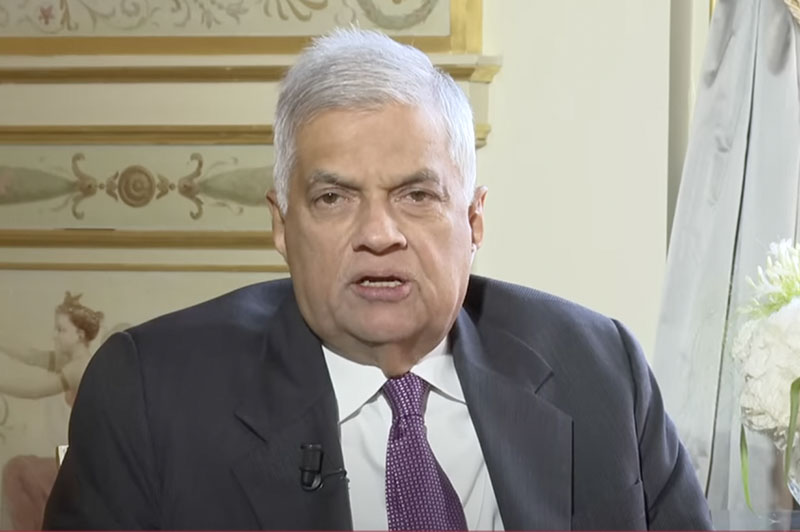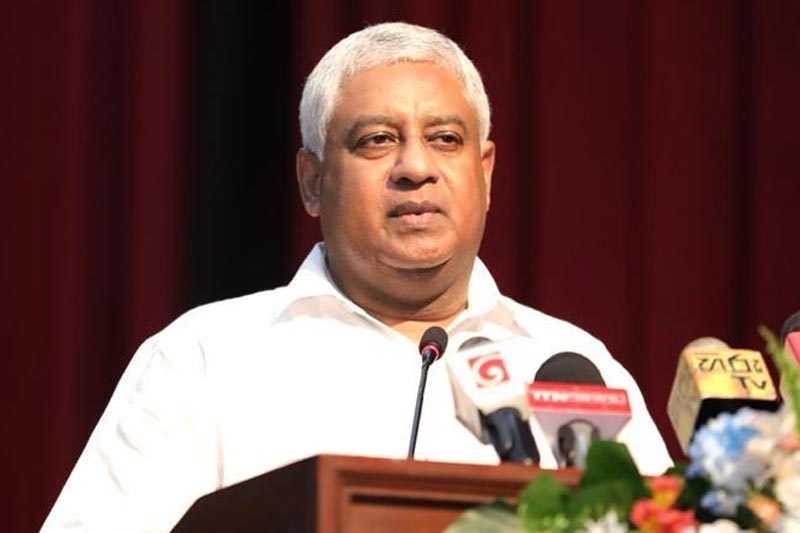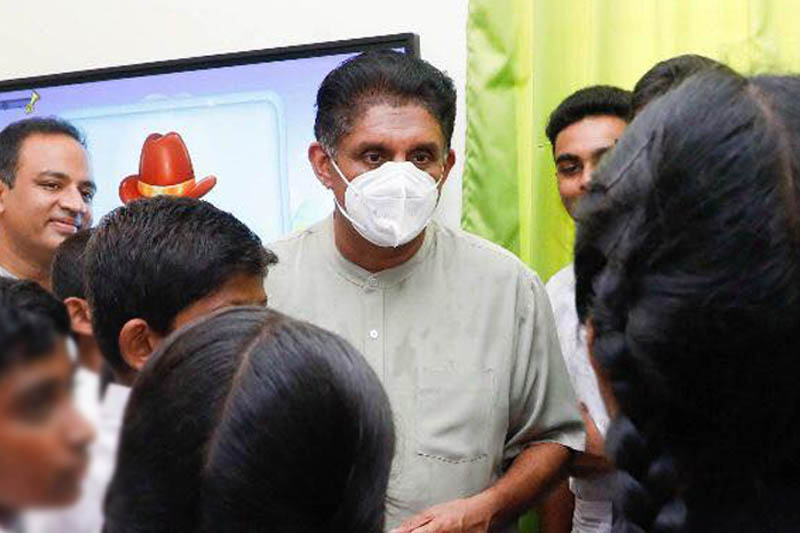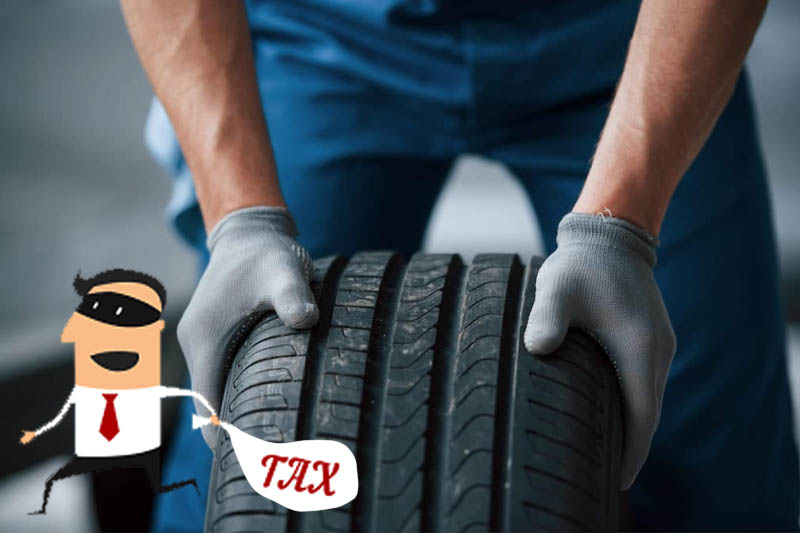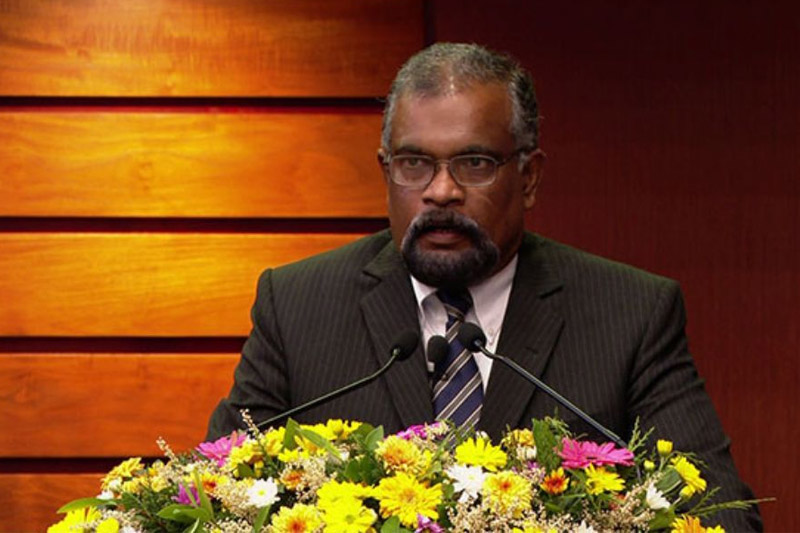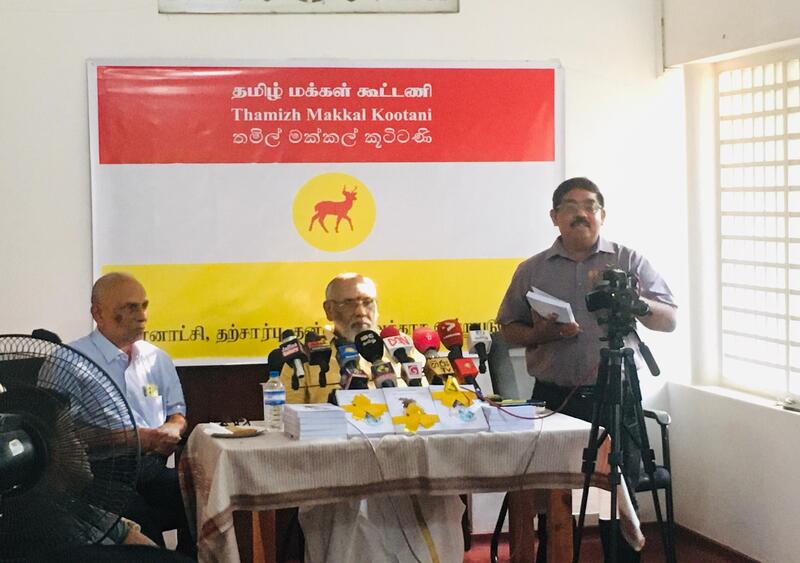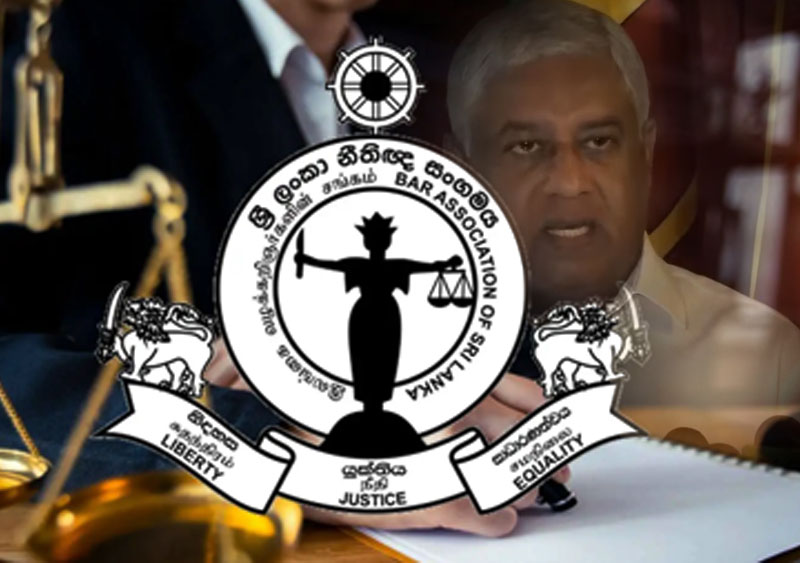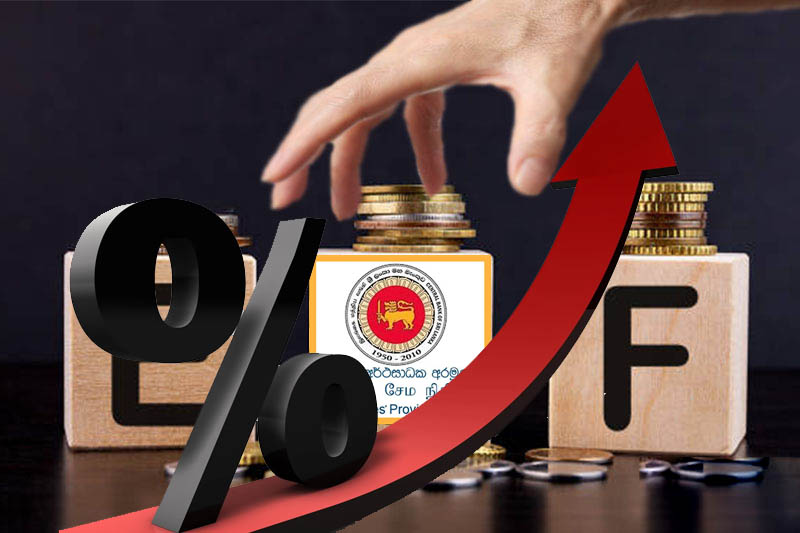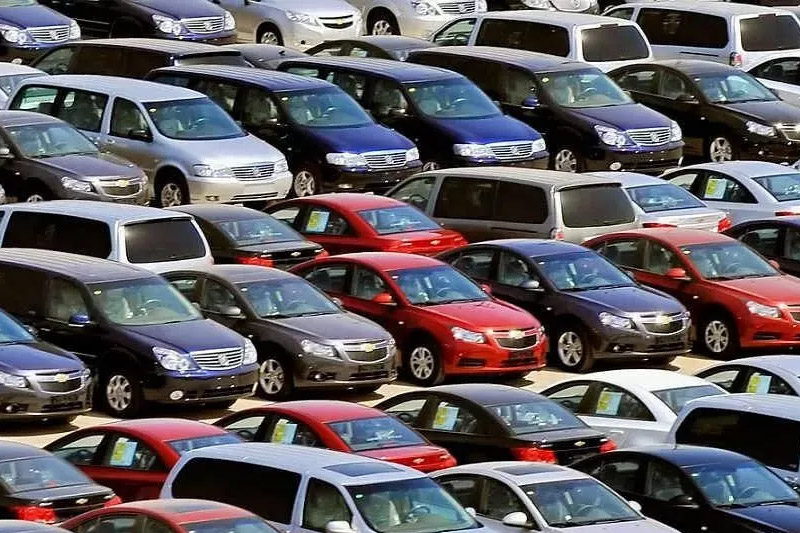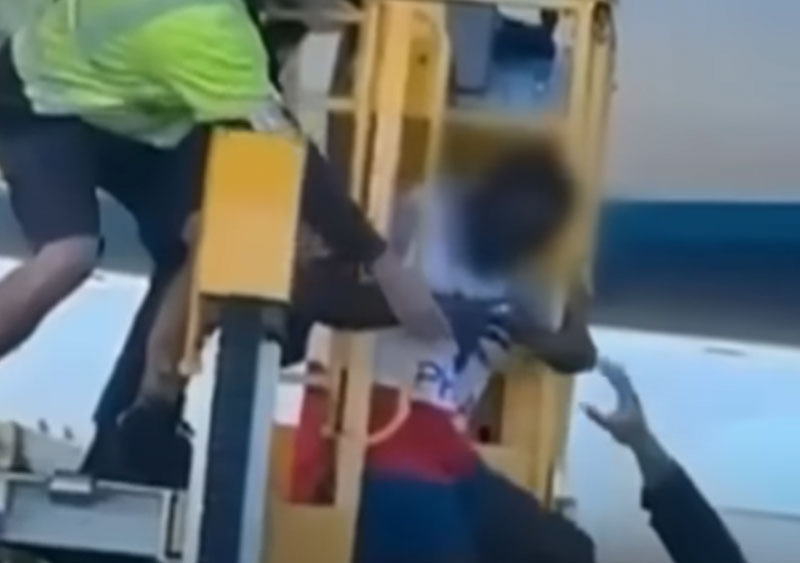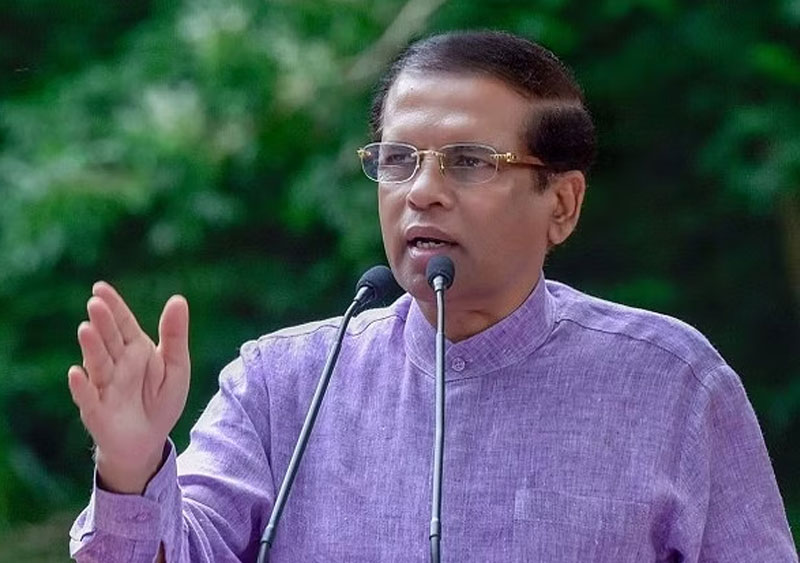In an interview with Marc Perelman at FRANCE 24, on the sidelines of the Summit for a New Global Financing Pact in Paris, President Ranil Wickremesinghe discusses his country’s debt burden, relations with China, as well as plans for a Truth and Reconciliation Commission.
Q: You began your presidency in a very difficult situation for your country. There were street protests triggered by the country’s worst economic crisis since its independence. Sri Lanka has defaulted. It has reached a deal with the IMF back in March, and there have been reports from Reuters news agency that the World Bank is about to approve 700 million US dollars in budgetary and welfare support at its next board meeting. Can you confirm if this is indeed happening?
A: We are anticipating money from the World Bank. So far we have fulfilled all the benchmarks, and therefore, we are qualifying for the assistance from the World Bank. It is a much needed money at the moment, and it will certainly help to strengthen the economy.
Q: Seven hundred million US$ is the figure you are expecting or more?
A: Well I am hoping there will be more. I am not going to complain!
Q: Obviously here in Paris and I assume in many other arenas where you are travelling and participating, the issue of your debts is extremely important because you need financial oxygen. Your external debt stands at 42 billion dollars. Are you making progress with the different creditors? There is the Paris Group and China. Are you making progress?
A: Discussions are ongoing with the different groups. We have an agreement with LAZARD to represent us. The debt restructuring programme will be presented to Cabinet on Wednesday. Over the weekend they are going to finalize it. It will go to Parliament on Friday before the Public Finance Committee. Then Saturday and Sunday it will be debated in Parliament and it will be approved by Parliament. Thereafter, we can start the rest of the negotiations with our creditors.
Q: What is in this plan? What is the idea? To postpone the debt? To reduce it? A combination of both?
A: Well it is a question of giving a longer period for repayment. And we have also been looking at some form of a reduction in the amount due. So that is being discussed now. And hopefully by Sunday or Monday the final document will be available to us.
Q: So you are making progress both with China and other creditors?
A: LAZARD is discussing with all, and also Sri Lanka. We have been discussing with all the creditors and with China also. China has not joined the common platform, but they have been there at every meeting, and all details have been shared with China, China has shared information with them. Except for formally not being on the platform, China has been a party and is aware of all the information that is being shared.
Q: In Paris there was an agreement on the debt from Zambia with both Western Creditors and China. Is this a good omen for your country? Obviously every situation is different. That there is a possibility to find an agreement with both China and other creditors?
A: We are confident of China coming along with the others. The Zambian one was announced this week. And it is good that China has been able to sort out Zambia. I listened to the speech of the Chinese Prime Minister yesterday at the dinner, and today. For the first time China has shown its approach to the whole issue of debt restructuring, and it is a positive message.
Q: There has been speculation about China’s presence in Sri Lanka. There have been reports in the American press that there could be a military presence in Sri Lanka. Is this the case and do you rule it out for the future?
A: The Chinese have been there for about 1500 years. So far there has been no military base. There is a lot of speculation about the Hambantota Harbour. It has been given out to Chinese merchants. But the security is controlled by the Government of Sri Lanka. The Southern Naval Command will be shifted to Hambantota. We have one brigade stationed in Hambantota and the nearby areas. There has been no issue of military use by the Chinese. The same company also runs a terminal in the Colombo harbour. That is where warships come from many countries. No one is complaining of the terminal they are running in Colombo. They are only complaining about the terminal and the port they are managing in Hambantota. We have no military agreement with China. There won’t be any military agreements. I don’t think China enters into one. We are a neutral country. But we also emphasize on the fact that we cannot allow Sri Lanka to be used as a base against India.
Q: You recently declared that some groups in Sri Lankan politics are actively working to hinder economic revival, spreading false information and misleading the public saying that you are selling off the country.
A: Yes. There have been people who are saying that we have been selling off the country.
Q: Who are these people?
A: Part of the Opposition and part of other groups. I just point out our achievements. And I ask, is that selling off the country? If we reduce the price of fuel, is it selling off the country? We are working with foreign economies. Not only Western but Eastern, such as Japan, Korea and China. Working with them does not mean we are selling off the country. It means we are developing the economy. And I asked them to reply. They have not been able to reply. What I have told all the parties is that we are in a very difficult situation now. Let us all get together and look at how we can resolve it. And then when they go to the elections, they can say that they have been stakeholders in this development. But if they keep on criticizing in the old way without reasonable alternative, the voters will turn against them. It is much better for us to start a new political culture where we can all work together.
Q: The Cabinet has approved a proposal to establish a South African style Truth and Reconciliation Commission. Will it happen and will it satisfy the demands from Tamils? They have asked for an international probe into War Crimes.
A: Truth and Reconciliation Commission has been agreed by all. That is one of the conditions the Geneva Human Rights Commission has also taken up. It was drafted some time ago. Even today I spoke with President Ramaphosa about the commission and for them to come and help us. This is what we wanted. I will get it passed in Parliament by August. Already we are making plans to set up the Secretariat. We required the South African assistance. There will be a lot of independent foreign observers. That is within the frame work we have so far specified.
Q: When do you expect it to begin?
A: In my view the legislation will be enacted by August.
Q: There is also talk about granting political autonomy to the Tamils. What about that?
A: Tamils are in different parts of the country. There are different categories. If you look at it, there are Tamils in the North and East. Then there are Tamils of the Hill country whose origins can be traced back to India. We have been sorting out a lot of issues there. In fact those Tamils who have been given voting rights in one district called Nuwaraeliya, all of a sudden the Sinhala majority became the minority and the Tamils have become a majority. That has not happened in many countries that I am aware of. But we have to uplift the economic and social standards of the Tamils living in those areas. They take part in the politics and they have members serving in the Central Cabinet. As far as the North is concerned, especially the leaders and members of the Tamil party have been asking the Government to ensure that the devolution package in the constitution is implemented, but that the Central Government will not interfere in it. We have given that guarantee and we are prepared to bring in legislation. In addition, they have asked for some other powers. Not only for the North but the other 9 provinces. It is being supported by some of the former chief ministers of the other areas. We are having discussions. I think we can identify some more subjects to come under the purview of the Provincial Councils.
Q: There was a report that was published a couple of days ago, mentioning the role of your predecessor former President Gotabhaya Rajapaksa in hampering some investigations into mass graves that were found during the fighting in the 80’s and 90’s. Should there be investigations about his role and the role of others? Or is the Truth and Reconciliation commission the only way to turn the page?
A: I would like any allegations to come before the Truth and Reconciliation Commission that is about to be implemented. But if we are going to run a parallel investigation, it will only undermine the Truth and Reconciliation commission. Any complaints anyone has can go before the Truth and Reconciliation Commission. They can call the former President or anyone else. And the fact is that no one can say it is a cover up. Because we will be having foreign observers.
(dailynews.lk)

